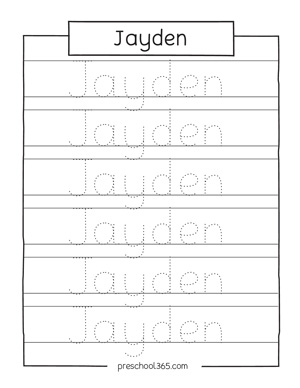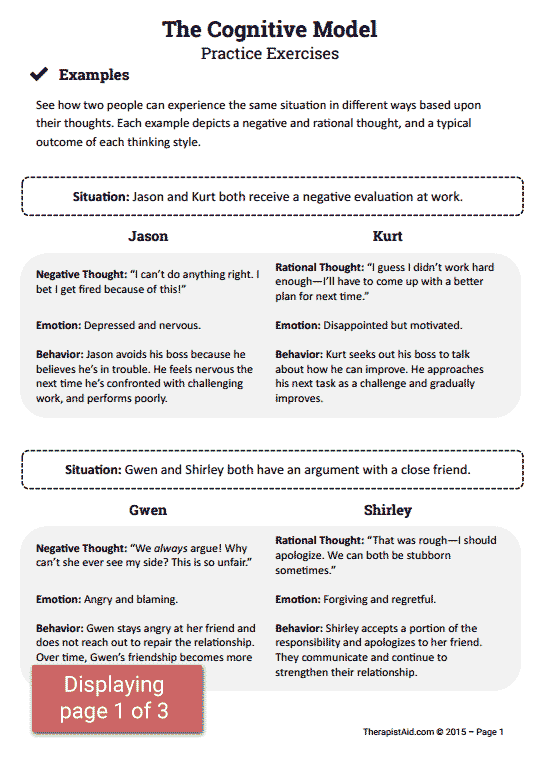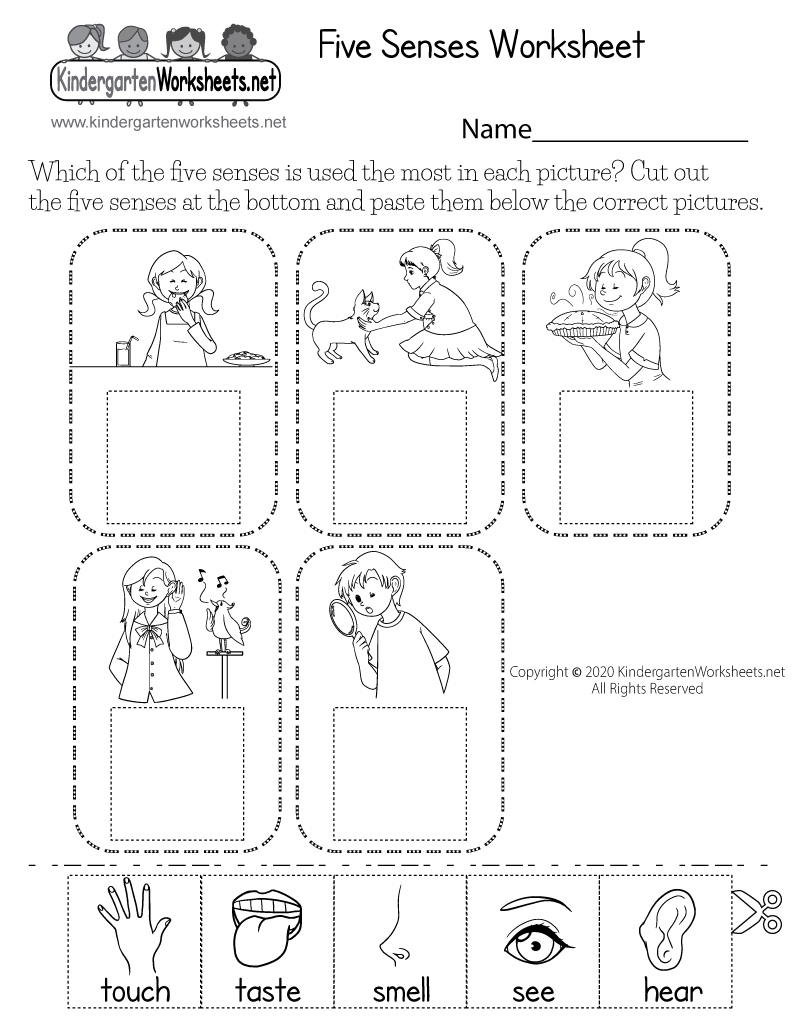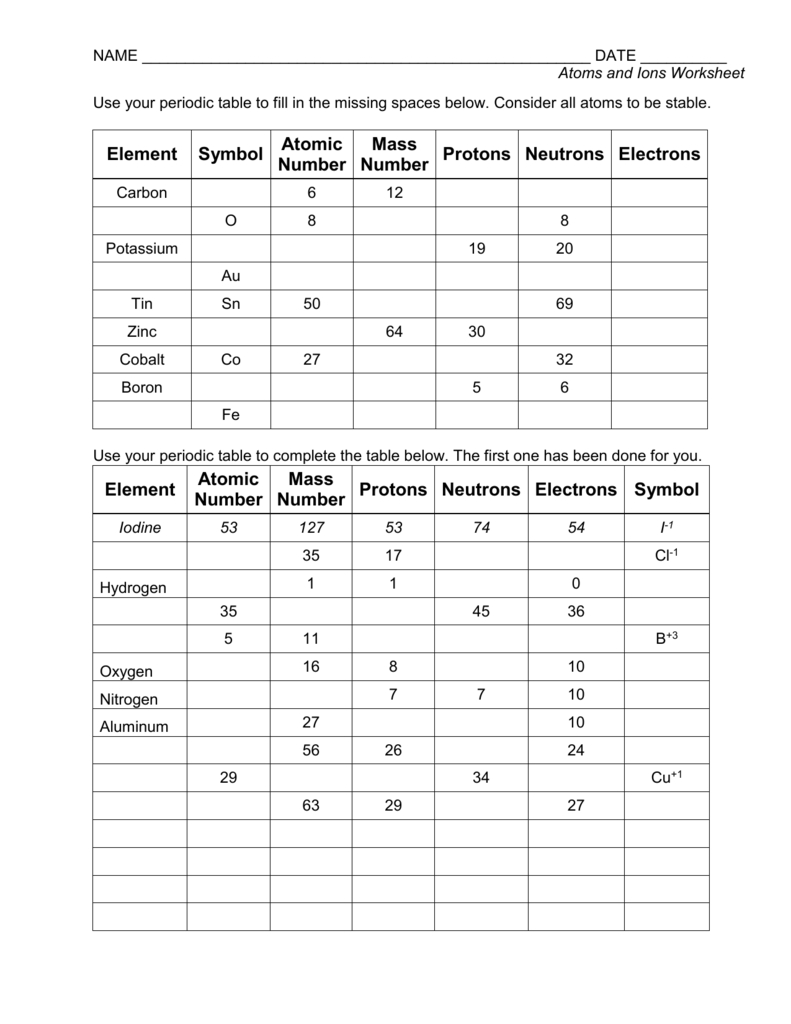Compare Adjectives Worksheets
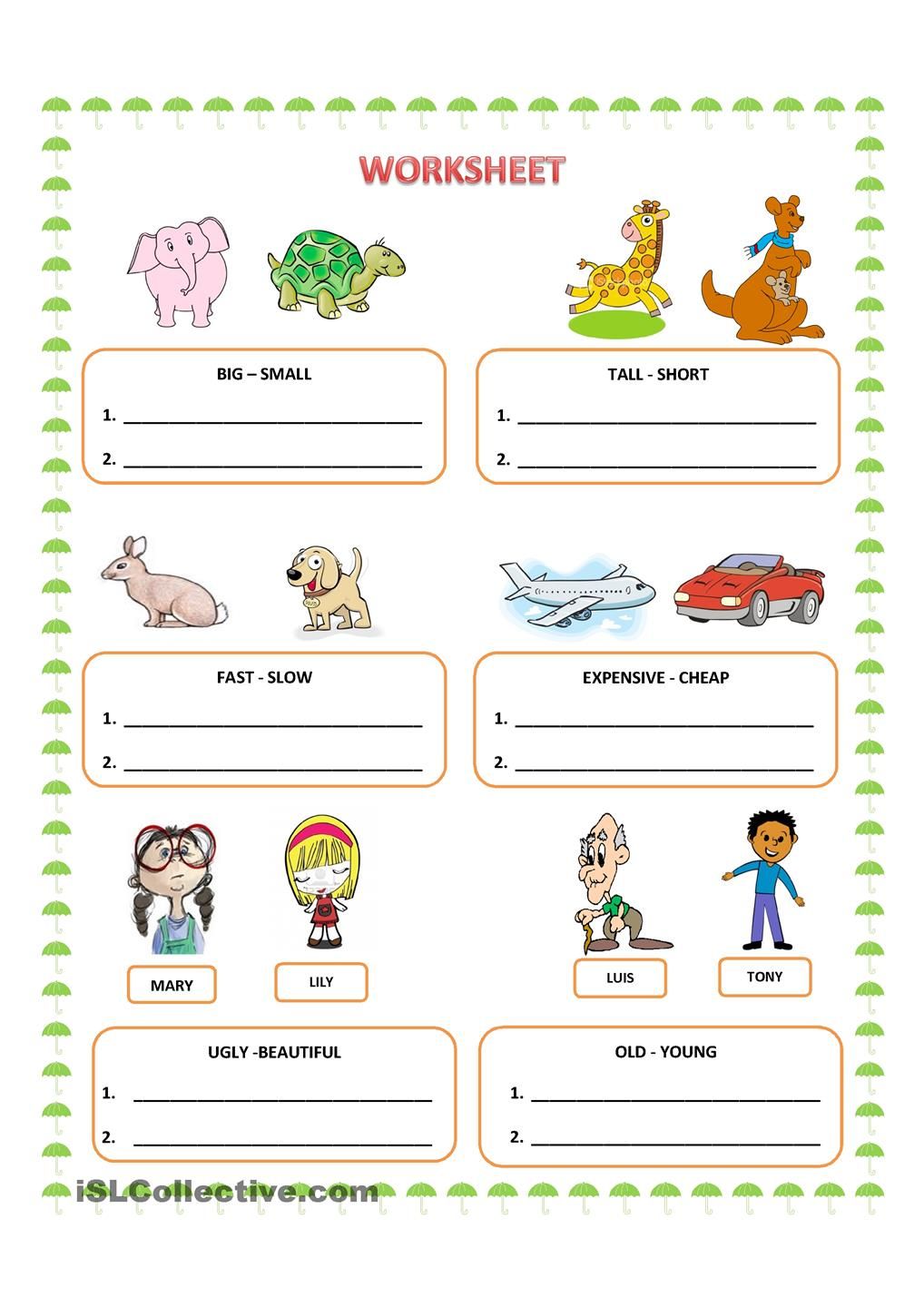
Understanding and Using Comparative Adjectives
Comparative adjectives are an essential part of the English language, allowing us to describe differences and comparisons between people, objects, and experiences. In this blog post, we'll delve into the world of comparative adjectives, exploring their usage, rules, and practical exercises to help you master this critical aspect of English grammar.
What are Comparative Adjectives?
Comparative adjectives are used to compare two things or people. They are formed by adding the suffix "-er" to the end of an adjective, or by using the word "more" before the adjective. For example:
- Happy → Happier (using the suffix "-er")
- Beautiful → More beautiful (using the word "more")
Rules for Forming Comparative Adjectives
There are some important rules to remember when forming comparative adjectives:
- For adjectives with one syllable, add the suffix "-er". For example:
- Big → Bigger
- Small → Smaller
- For adjectives with two syllables, add the suffix "-er" if the word ends in "-y", otherwise use the word "more". For example:
- Happy → Happier
- Clever → More clever
- For adjectives with three or more syllables, use the word "more". For example:
- Beautiful → More beautiful
- Interesting → More interesting
Practical Exercises: Comparing Adjectives
Now it's time to put your knowledge of comparative adjectives into practice. Complete the following exercises:
Exercise 1: Forming Comparative Adjectives
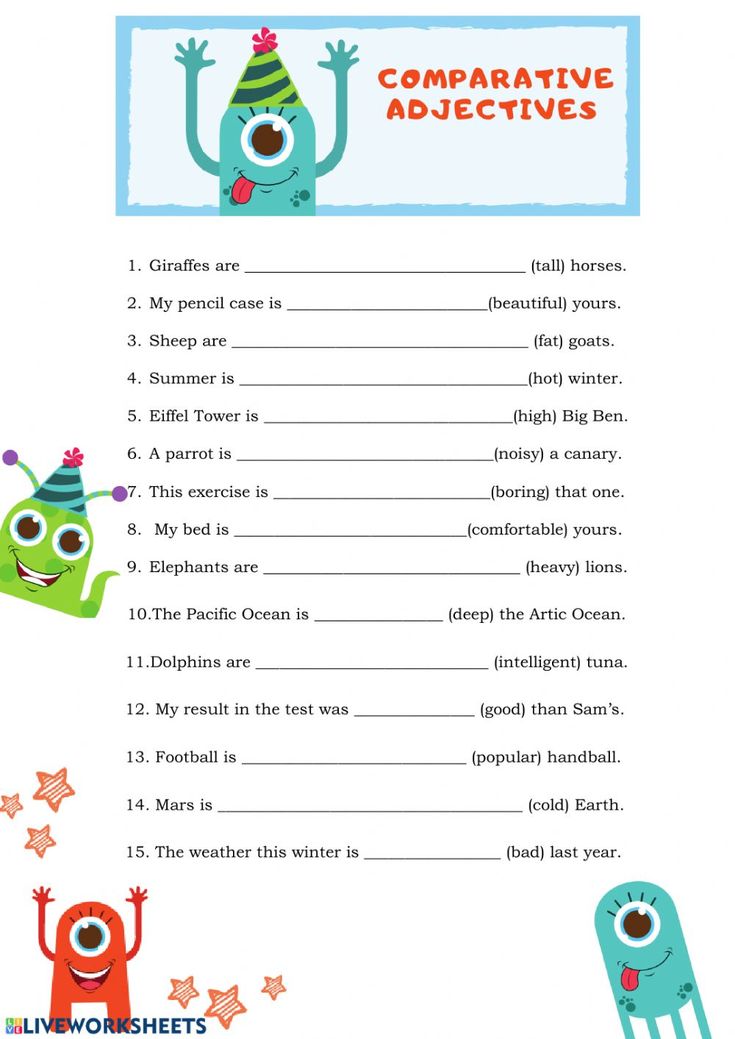
| Adjective | Comparative Adjective |
|---|---|
| Happy | ____________ |
| Big | ____________ |
| Beautiful | ____________ |
| Clever | ____________ |
| Interesting | ____________ |
Answers:
| Adjective | Comparative Adjective |
|---|---|
| Happy | Happier |
| Big | Bigger |
| Beautiful | More beautiful |
| Clever | More clever |
| Interesting | More interesting |
Exercise 2: Using Comparative Adjectives in Sentences
Complete the following sentences using the correct comparative adjective:
- My sister is ______________ (happy) than me.
- This cake is ______________ (delicious) than the one we had yesterday.
- He is ______________ (tall) than his brother.
- This book is ______________ (interesting) than the one I read last week.
- She is ______________ (beautiful) than her sister.
Answers:
- My sister is happier than me.
- This cake is more delicious than the one we had yesterday.
- He is taller than his brother.
- This book is more interesting than the one I read last week.
- She is more beautiful than her sister.
Conclusion
Comparative adjectives are a crucial part of the English language, allowing us to describe comparisons and differences between people, objects, and experiences. By mastering the rules and exercises outlined in this blog post, you'll be able to use comparative adjectives with confidence and accuracy. Remember to practice regularly to reinforce your understanding of this important grammar topic.
What is the difference between comparative and superlative adjectives?
+Comparative adjectives are used to compare two things or people, while superlative adjectives are used to compare three or more things or people. For example, “He is happier than me” (comparative), “He is the happiest person I know” (superlative).
How do I form comparative adjectives with adjectives that end in “-y”?
+When an adjective ends in “-y”, you add the suffix “-er” to form the comparative adjective. For example, “Happy” becomes “Happier”.
Can I use “more” with all adjectives to form the comparative?
+No, you can’t use “more” with all adjectives. For adjectives with one syllable, you usually add the suffix “-er” to form the comparative. For example, “Big” becomes “Bigger”, not “More big”.
